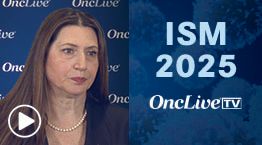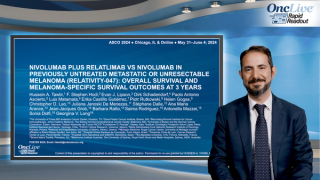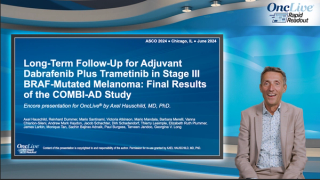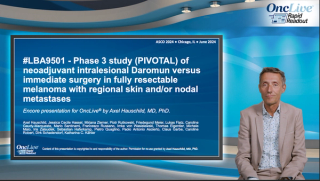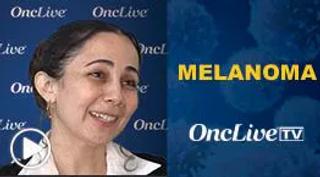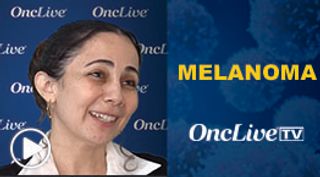
Melanoma & Skin Cancer
Latest News
Latest Videos

CME Content
More News

The NCCN guidelines have been updated to specify the standing of ctDNA as a biomarker in colon and rectal cancer, as well as in MCC.

Omid Hamid, MD, discusses therapies emerging in the squamous cell carcinoma treatment paradigm, including a novel cancer vaccine.
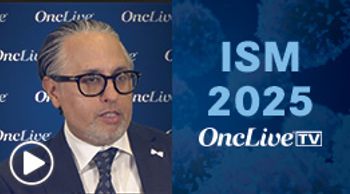
Omid Hamid, MD, provides insight on the potential role of cancer vaccines in melanoma.
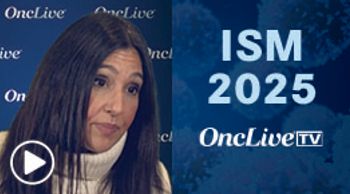
Marlana M. Orloff, MD, discusses optimal therapeutic approaches for patients with uveal melanoma that is rapidly progressing.
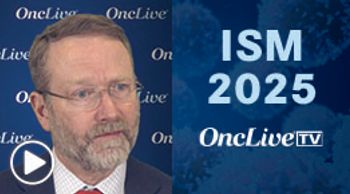
Mark Faries, MD, discusses how CAR T-cell and TCR cell therapies compare with TIL approaches in melanoma.

A team of colleagues at Fox Chase Cancer Center recently published an updated review of guidelines governing the use of neoadjuvant and adjuvant therapy for patients with melanoma.
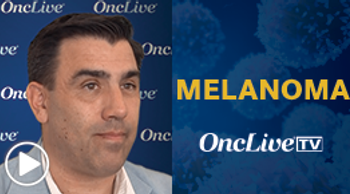
Alexander C.J. Van Akkooi, MD, PhD, FRACS, discusses how discrepancies in local and central pathologic review can expose patients to potential toxicities associated with overtreatment for metastatic melanoma.
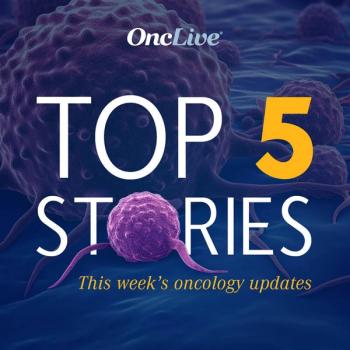
Treosulfan wins FDA approval for allHCT conditioning in AML and MDS, RP1/nivolumab gets priority review in melanoma, and more this week from OncLive.
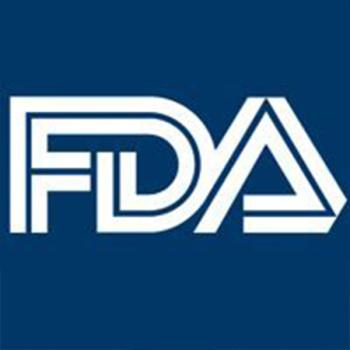
The FDA granted priority review to the BLA for RP1 plus nivolumab in advanced melanoma following progression on an anti–PD-1 agent.

Treatment with synthetic hypericin for up to 12 months produced responses in early-stage cutaneous T-cell lymphoma.

The phase 3 ALA-BCC-CT013 study of Ameluz and RhodoLED PDT in sBCC had its last enrolled patient complete a 1-year follow-up visit.

This week’s top 5 includes a snapshot of FDA approvals from December, an exclusive roundup of critical NCCN guideline updates from 2024, and more.

BMS-986253 plus nivolumab/ipilimumab failed to improve responses or PFS in advanced melanoma after progression on or after a checkpoint inhibitor.

Labeled as a strong and fair division chief, impactful mentor, and brilliant researcher, Lynn M. Schuchter, MD, continues to drive advances in melanoma with the aid of a collaborative and innovative atmosphere.
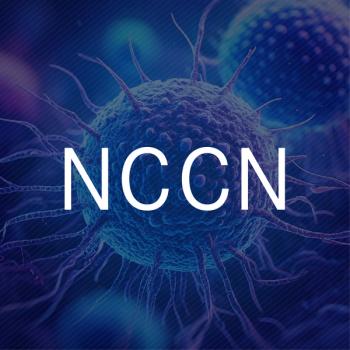
Experts detail how recent NCCN guideline changes in dozens of tumor types are affecting their practices, and we gather all the NCCN updates in a slideshow.
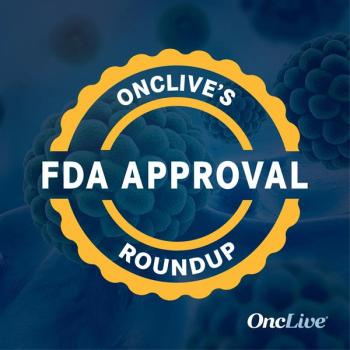
Here is your snapshot of all therapeutic options greenlit by the FDA in December 2024 spanning tumor types.

Omid Hamid, MD, discusses recent advances in the melanoma treatment landscape and highlights the 21st Annual International Symposium on Melanoma and Other Cutaneous Malignancies®.
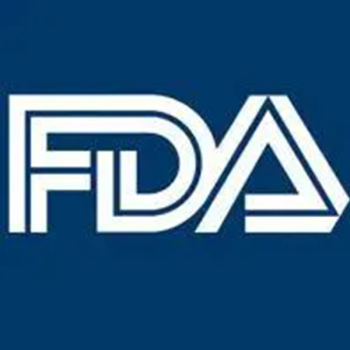
The FDA has approved cosibelimab-ipdl for the treatment of adults with metastatic or locally advanced cutaneous squamous cell carcinoma who are not candidates for curative surgery or radiation.
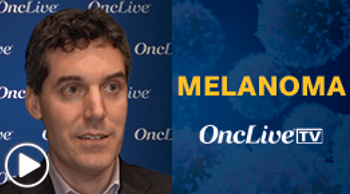
Michael A. Postow, MD, discusses the potential role for triplet regimens in melanoma management.

NICE has recommended the reimbursement for tebentafusp in HLA-A*02:01–positive unresectable or metastatic uveal melanoma.
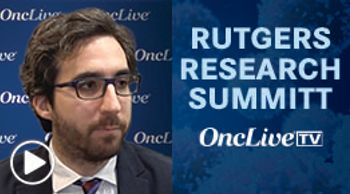
Matthew P. Deek, MD, discusses multidisciplinary approaches in treating locally advanced basal cell carcinoma.

A biologics license application was submitted to the FDA seeking the approval of RP1 plus nivolumab for patients with PD-1 inhibitor–exposed melanoma.

Douglas B. Johnson, MD, MSCI, unpacks NCCN guideline updates in melanoma, detailing how neoadjuvant and TIL therapies have been notable advancements.

New datopotamab deruxtecan BLA in NSCLC filed to FDA, radiopharmaceutical meets rPFS end point in PSMA+ prostate cancer, and more.

RP1 plus nivolumab generated responses in advanced melanoma that progressed on or after prior anti–PD-1 therapy.






